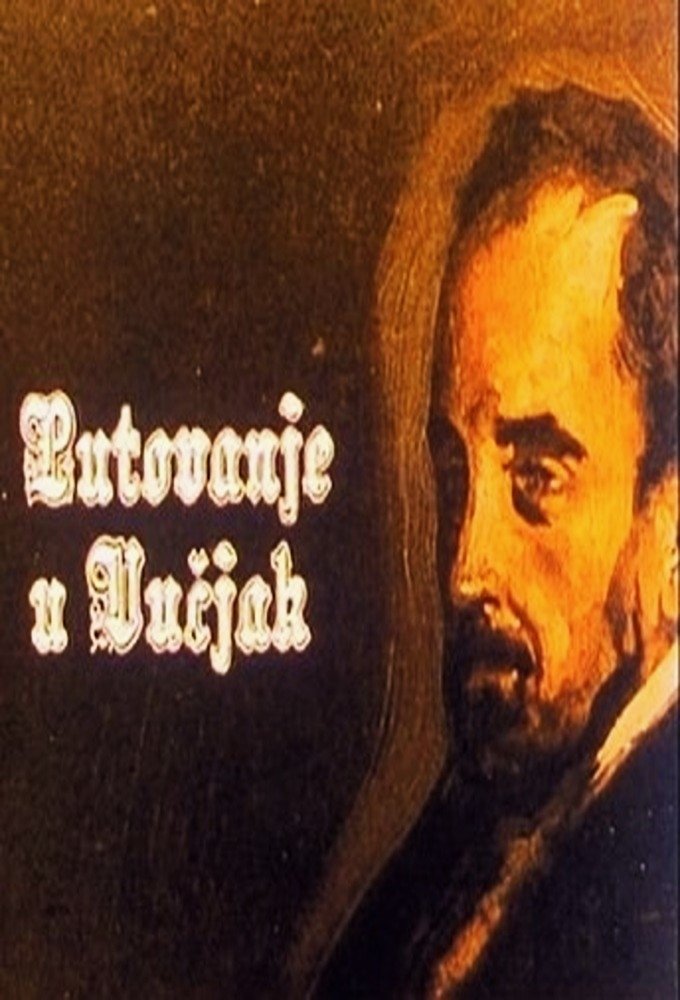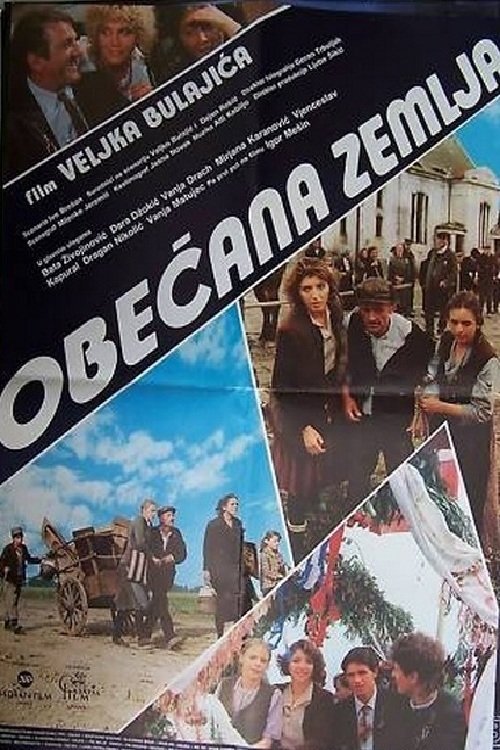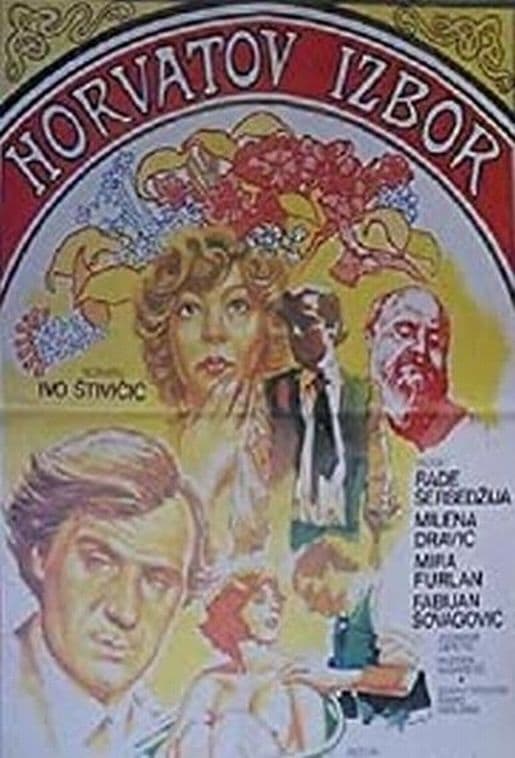

With WWI finally ending in 1918, Croatian journalist Kresimir Horvat travels from Zagreb to his village of Vucjak in Zagorje and becomes a witness of history as Austria-Hungarian Empire dissolves.

Settlers from infertile parts of Yugoslavia, arrive to rich Slavonia and Baranja. There they are faced with the decree of the Communist government by which they will be left without the land that they received in the process of collectivization just a year ago. The peasants fiercely resist the government's decision. Milisa Matic is a peasant who fights against the establishment of peasant cooperatives because in that case many peasants would lose their newly acquired land. The Communist government has decreed the founding of cooperatives and Markan Radisic is in charge of their establishment. When Markan's son proposes to Milisa's daughter, the two men confront each other. In self-defense Markan kills Milisa, however the national court fails to find mitigating circumstances. On the way to prison he listens to the news on radio about the abolition of agricultural cooperatives.
The story follows two journalists from Zagreb who go to a Pannonian town to report on wild radio stations. There they discover an unusual radio station that broadcasts news that is not usually released to the public. As they are collecting information about it, they get drawn into local affairs more than they hoped and wanted.

Summer of 1972, a small group of fanatical Croatian nationalists, trained and equipped by extreme emigrant organizations, infiltrated the territory of former Yugoslavia with intent to organize an uprising against Tito's regime. This series, very loosely based on true events, depicts the manhunt that followed.

It is 1918, the evening of The Great War. Austro-Hungarian empire is collapsing, and all around Croatia there are outlaw deserters, fighting in forests. A city journalist decides to become a country schoolteacher, just to find some peace in that restless political situation. But, neither the village is safe from the militaristic policy of the imperial goverment.
By browsing this website, you accept our cookies policy.